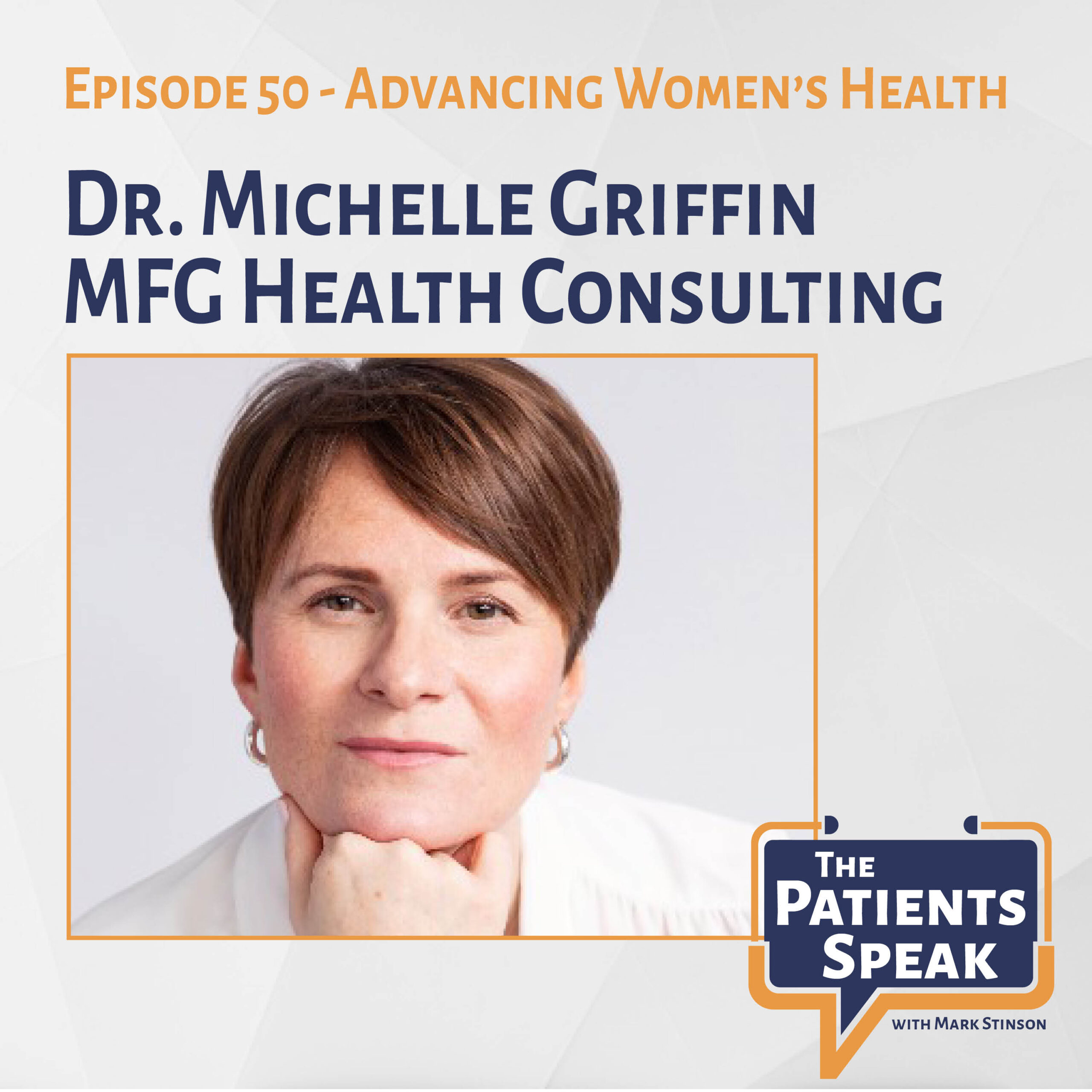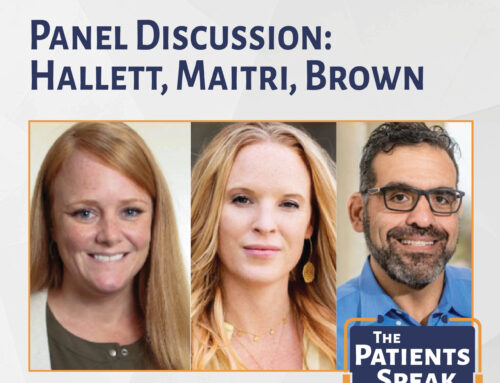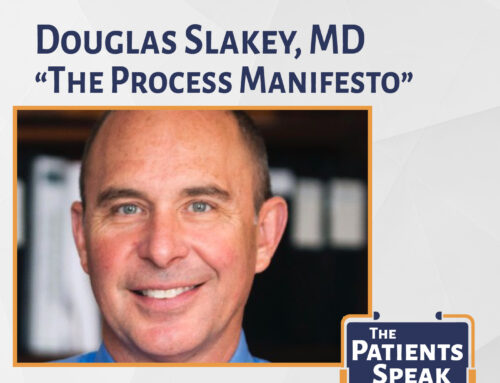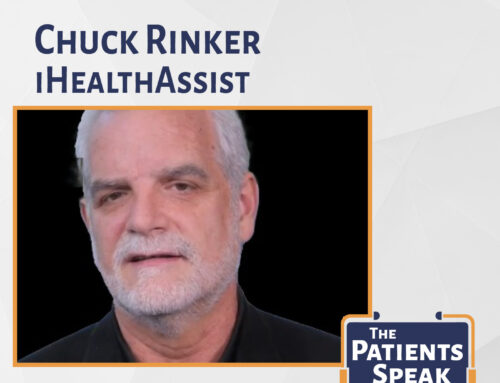Welcome back to The Patients Speak podcast, where today’s focus is on improving women’s health through empowerment, education, and collaboration between patients and health providers.
Michelle Griffin
1. **Introduction to Dr. Michelle Griffin**
– Dr. Michelle Griffin, a doctor, health educator, strategist, and business advisor with a unique perspective gained from almost 20 years as an OBGYN and a startup advisor.
– Discussion on the changing landscape of overall health, particularly in women’s health.
2. **Patients’ Needs and Effective Healthcare**
– Dr. Griffin emphasizes the importance of understanding patients’ wants, needs, and effectiveness to truly improve women’s healthcare.
– The dynamic nature of women’s health, spanning from consumers seeking products to patients in need of expert medical intervention.
– Quote from Dr. Michelle: “We’re only going to be successful in increasing and improving the standard of women’s healthcare by really examining what patients want and what they need.”
3. **Challenges and Gaps in Women’s Health**
– Exploring the challenges faced by companies aiming to address the diverse needs of women in healthcare.
– The complexity of women’s health, involving biological, social, and psychological factors.
– Quote from Dr. Michelle: “Healthcare is complex, and it’s not about the next shampoo that’s going to make your hair feel really clean and shiny.”
4. **Clinical Trials and Gender Representation**
– Highlighting the underrepresentation of women in clinical trials and the need for a broader perspective in protocol development.
– Discussing the lack of research understanding around women’s normal health before addressing abnormalities.
– The necessity of increased funding for women’s health research and the importance of gender-specific considerations in clinical trials.
5. **Implications for Drug and Medical Device Development**
– Dr. Griffin emphasizes the urgency in women’s health, urging the industry not to reinvent the wheel but build on existing knowledge.
– A focus on technology that addresses the impact on end-users, providing solutions that genuinely improve women’s lives.
– Quote from Dr. Michelle: “We need to look at things completely differently and everything that we did think was true… we need to look at this completely differently.”
6. **Physician-Patient Communication and Empathy**
– Exploring the challenges physicians face within limited consultation times and the emotional toll of effective communication.
– Importance of active listening, acknowledging patients’ concerns, and transparency in physician-patient interactions.
– Dr. Michelle shares her approach of using the ICE model (Ideas, Concerns, Expectations) to facilitate patient communication.
7. **Role of Technology in Improving Consultations**
– The potential role of technology in helping patients collect and present information, making consultations more efficient and focused.
– Addressing the need for emotional and mental support for physicians dealing with intense, short patient interactions.
– Dr. Michelle’s encouragement for patients to bring recorded information, diaries, and notes to consultations.
8. **Closing Thoughts and Call to Action**
– Dr. Griffin concludes by emphasizing the need to recognize the uniqueness of women’s health and the collective responsibility to improve healthcare standards.
– Encouragement for patients to communicate and advocate for themselves, and for healthcare professionals, researchers, and others to actively seek ways to enhance women’s health.
– Quote from Dr. Michelle: “It is different, and therefore it needs a different set of tools and thinking and practices to really master it and improve the standard of healthcare for women.”
This podcast episode delves into the complexities of women’s health, urging a shift in focus, understanding, and action for the benefit of patients and the healthcare industry.
BSB Media





